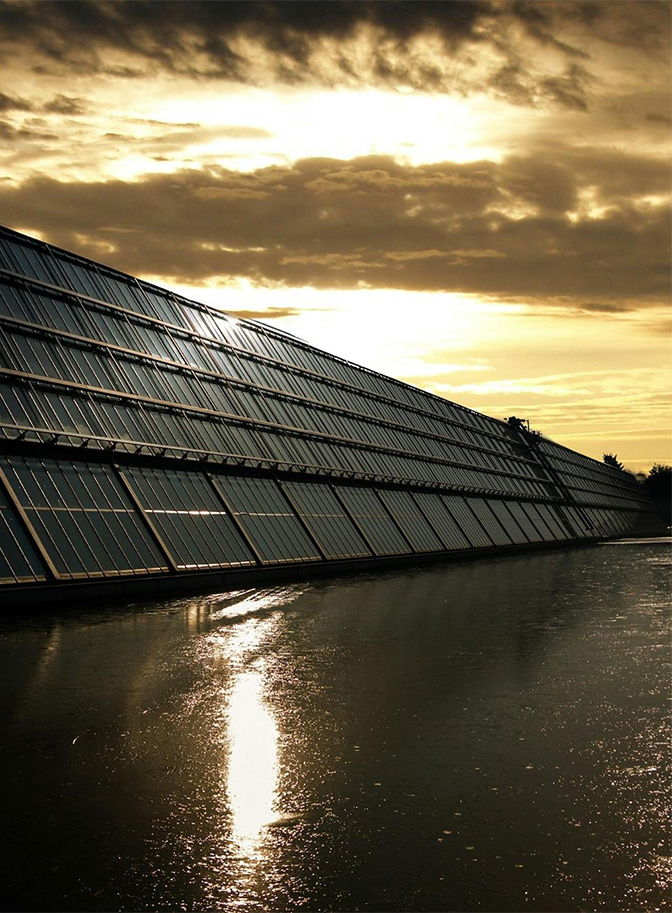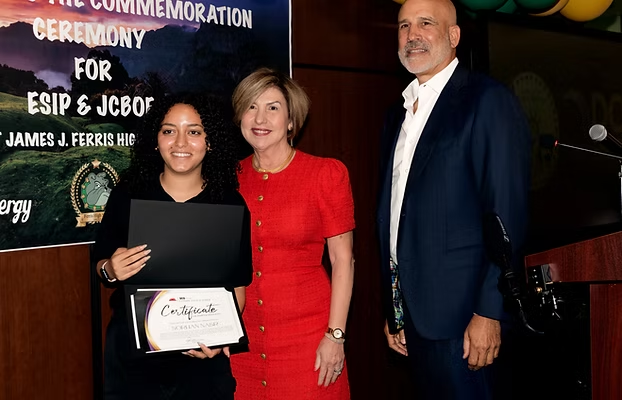Energy Savings Improvement Program
What is the ESIP Program
With the “Energy Savings Improvement Program” (ESIP), government entities in New Jersey can pay for energy-related improvements to their facilities using the value of energy savings that result from the improvements. The ESIP law, enacted in 2009, governs a type of performance contract. It provides all types of government entities – from school boards to municipalities to state governments – with a flexible tool to lessen their environmental impact, save money, and reduce their energy usage for minimal costs.


JCPS’s Commitment to Sustainability
In partnership with DCO Energy, JCPS has embarked on New Jersey’s largest ESIP project, valued at $122 million. This ambitious initiative spans 44 schools and administrative buildings, incorporating:
☀️ Installation of Solar Panels
💡 Upgrades to LED Lighting Systems
❄️ Modernization of HVAC Systems
🧠 Implementation of Advanced Building Automation
✅ 9.67 million kWh of electricity
✅ 308,947 therms of natural gas
✅ 201,895 gallons of fuel oil
Community Engagement & Educational Initiatives
Beyond infrastructure upgrades, JCPS and DCO Energy are deeply invested in educational equity and local workforce development. Together, we’re creating hands-on learning experiences and job training opportunities that empower students and residents alike—building a stronger, more inclusive community.
Programs That Make a Difference
🧪 12-Week Live Classroom Program
👩🔧 Women in Engineering Education
🛠️ Train-to-Hire Workforce Development
🌍 Integrated STEM & Sustainability Curriculum
🎓 Career Exposure & Mentorship Opportunities
Financial Structure & Environmental Impact 💵
Environmentally, the project aligns with New Jersey’s goals by reducing CO₂ emissions by 19.3 million pounds and improving air quality, particularly in underserved communities.


